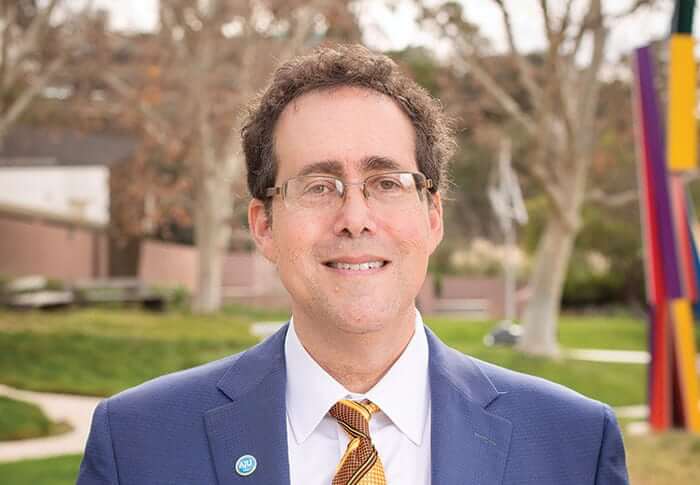Critical Thinking Isn’t ‘Delegitimizing’
One may be forgiven for supposing — or, at least, hoping — that the tradition of infantilizing the American Jewish community would by now be the exception rather than the rule. If nothing else, at least the explosive rise of J Street might have tilted the balance of communal conversation in the direction of sober discussion and debate. But, apparently, the pernicious habit whereby Jewish institutional leaders insist on talking down to their constituents and of using fear as their principal organizing tool has not yet been overcome.
For example: Last week, Jews in Boston received an email from the Combined Jewish Philanthropies with the following bromide: “Massachusetts and Israel … share a deep and natural affinity when it comes to social values. Both societies share a heritage of ethnic, religious, cultural and political diversity. Both have a fierce devotion to social justice, to freedom of the press and to religious freedom. … Israel’s remarkable story, however, and all that makes us so proud of her, is all-too-frequently drowned out by a political assault aimed at delegitimizing her and jeopardizing her existence.”
Consider the assertion that Israel is fiercely devoted to social justice and to religious freedom. Consider these in the context of what we know of those alleged devotions.
Social justice?
Here’s a sampling of current data on poverty and income distribution in Israel:
Roughly one of every three Israeli children lives in poverty — considerably more than the rate prevalent in Europe. The overall poverty rate in Europe (for 2008) was 11%; in Israel (for 2009), after adding in welfare benefits, the rate was on the order of 20%. Moreover, Israel’s poor live in a much deeper state of poverty and are far more socially isolated than their counterparts elsewhere. A recent study carried out by academics at Bar-Ilan University and the University of Bristol found that people living in poverty in Israel are six times more likely to go without food than Britain’s poor, and are four times more likely to have their phones or electricity disconnected. They are much more likely to suffer from chronic health problems, with 52% of the Israeli poor reporting chronic illnesses compared to only 32.7% in Britain; 16% of Israelis say their health conditions are a serious obstacle to everyday tasks such as grocery shopping, while only 1.3% in the U.K. reported the same.
A “fierce devotion to social justice” would address these matters aggressively. Instead, the Arabs languish, and every new government promises the moon but delivers instead moldy green cheese.
There’s also this, reported by Israel’s Central Bureau of Statistics: The average net income of the wealthiest 20% of Israel’s population was, in 2008, 7.5 times more than the average for the lowest 20%, whereas in Europe the multiple between the richest and poorest quintiles of the population was 4.9 in 2008. The issue of income distribution is sufficiently serious to have been addressed recently by Stanley Fischer, governor of the Bank of Israel, who called attention to the dangers inherent in the fact that the top 20 or so Israeli families control 50% of the total market share on the exchange.
And all this is to say nothing of the “fierce devotion to social justice” that is daily honored in the course of Israel’s occupation of the West Bank and its settlement policies in East Jerusalem.
Oh yes, there’s also Israel’s “fierce devotion to religious freedom.” Tell that to Reform and Conservative Jews in a nation where political power is a virtual monopoly of the Orthodox rabbinate. Tell it to secular Jews who are subject to the rules and regulations promulgated by the Orthodox establishment in the arena of family law.
But do not tell it to America’s Jews. We know our place and our duty, which is to be “so proud” of an Israel that is all honey and no thorns (except those that our enemies scratch us with). If we fail in our duty, Israel will be delegitimized.
Being “pro-Israel” ought not to require checking one’s critical faculties at the door; serious leadership requires candor — unless, of course, you have no respect for the people you presume to lead.















